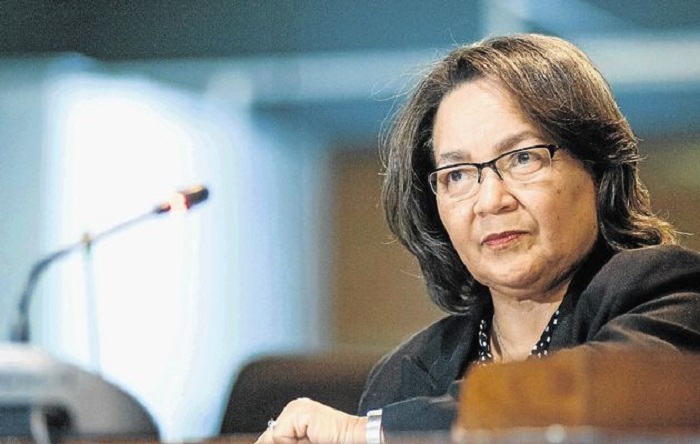The City of Cape Town will soon begin looking for a private sector partner to begin work on its landmark incomplete bridge in the city centre, a project which must be aimed at easing traffic congestion and providing affordable housing.
This was told by City Mayor Patricia de Lille who on Tuesday announced the impending process. “We are looking forward to finding a partner from the private sector who will be able to provide us with an imaginative and creative solution – one that will add to the attractiveness of Cape Town as an international destination, and at the same time assist us to address the challenges of a steadily growing city centre where traffic congestion is impeding the realisation of the city’s full potential.”
Construction on the incomplete highway – located above what is known as the Foreshore Freeway Precinct, which consists of City-owned land – began in the 1970s but was abandoned due to a lack of funds and low traffic numbers.
Almost 50 years later, the City will on July 8 issue a document on its website “calling on prospective investors and developers, or a consortium, to provide [the City] with a solution which will address the congestion [the City is] currently facing in this precinct”.
The document – the “Prospectus for the Development of the Foreshore Freeway Precinct” – will provide prospective investors and developers with all necessary information regarding the City-owned land which will be traded to the private sector in exchange for “the provision of road infrastructure and a development that will drive sustainable economic growth”.
“A pivotal requirement for those wanting to bid is that their development proposal must provide housing opportunities for a diverse cross-section of income groups,” said De Lille.
“By this, I mean, that a percentage of this development must be earmarked for affordable housing opportunities to those beneficiaries and applicants who qualify for these opportunities in terms of the City’s policies,” she said.
De Lille said this requirement needed to be met as it formed part of the City’s commitment to “address the legacy of apartheid spatial planning” by providing low-income residents with housing close to the central business district and in turn, work opportunities.
In addition, the prospectus – a public document – would also provide information on the size and exact location of the land, the requirements for the development proposals coming from the private sector, timelines, and the bidding processes to be followed.
The public will also be able to provide input by commenting on bidders’ proposals and designs once the process gets underway.
[Source: ANA]





 WhatsApp us
WhatsApp us 

